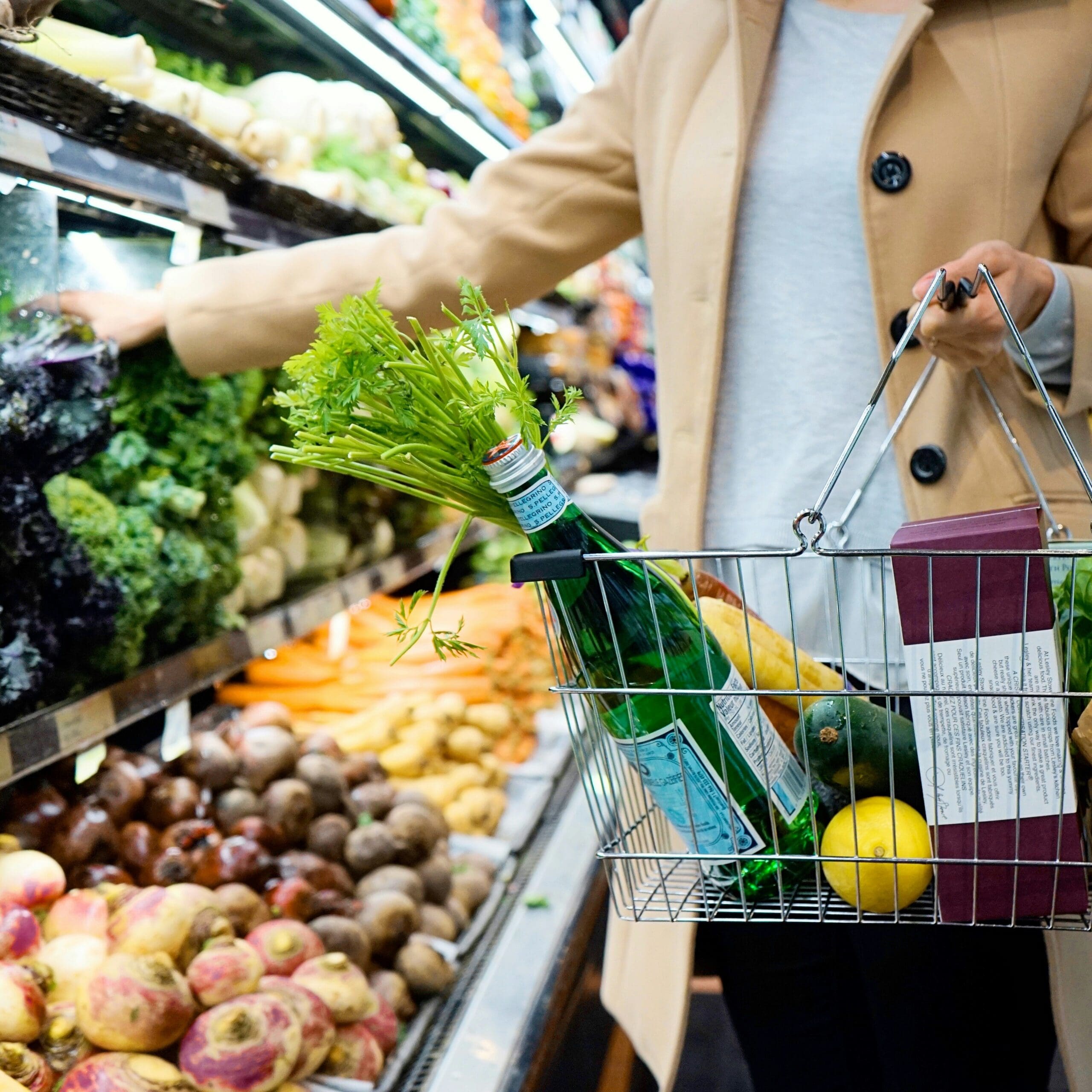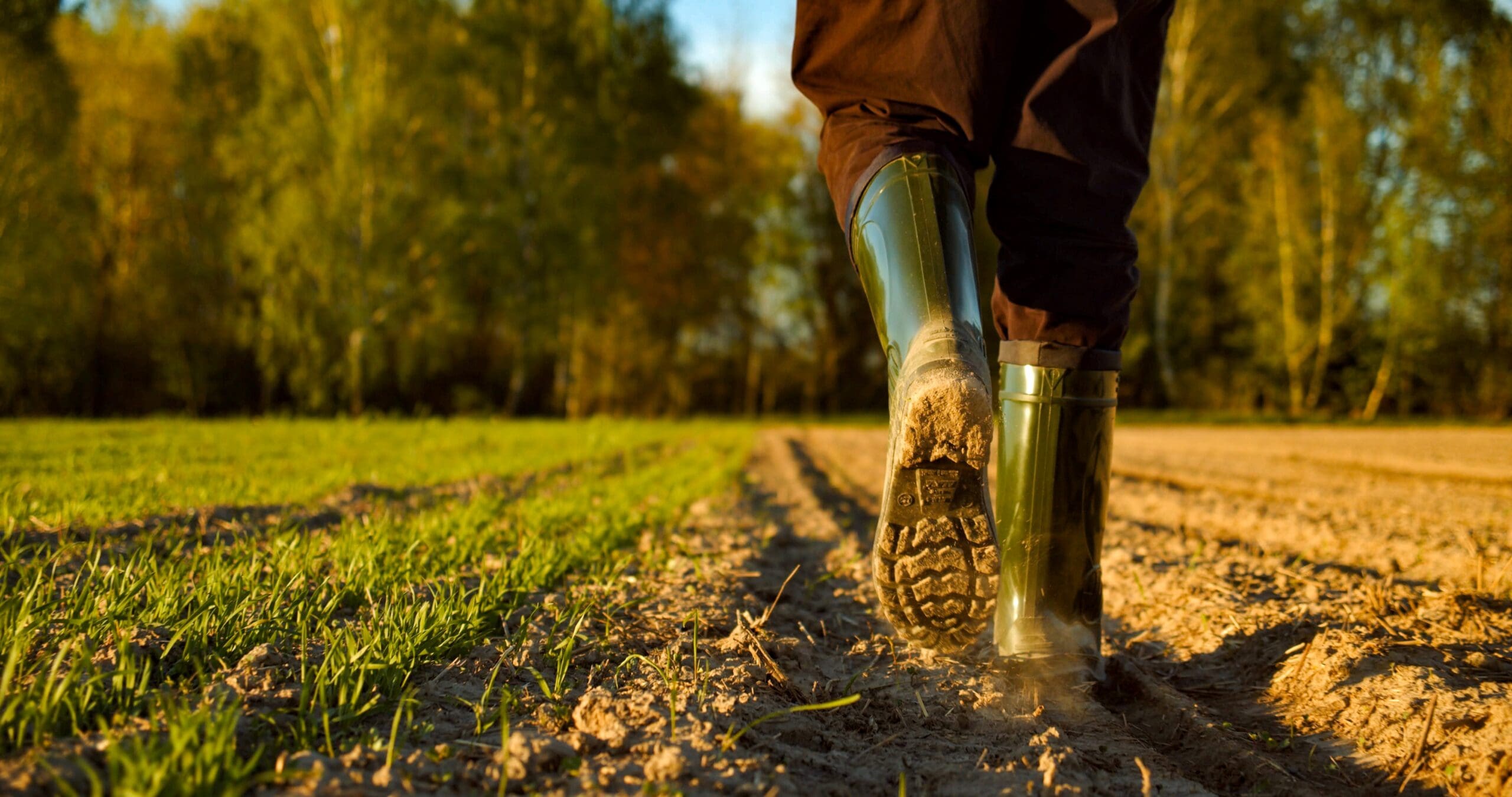
The livestock chairs from the four UK farming unions met in London for their first face-to-face meeting in more than three years. They were joined by representatives from the Irish Farmers Association (IFA).
The group discussed a range of issues that are impacting the UK & Ireland’s cattle and sheep farmers and the wider supply chain, including:
- Increasing input costs
- Growing red meat exports
- The Northern Ireland protocol
- Changes to agriculture policy
- Competition for land use
Focus on increasing costs
The main focus of the discussion centred around the current market situation and the crippling increase in farm inputs which is without doubt the biggest and most immediate threat to the sector.
NFU livestock board chair Richard Findlay said: “While the farmgate price for beef and lamb has remained buoyant, it’s exactly where the price needs to be if we are to see our businesses manage the phenomenal increase in fertiliser, feed and fuel costs.
“These soaring input costs risk eroding producer confidence and our productive capacity, which is hard to replace. However, I’m pleased to see that the government’s National Food Strategy has finally recognised the importance of our nation’s food security and places an obligation on government to measure our self-sufficiency.”
The UFU’s full response to the National Food Strategy can be found here. The NFU’s full response to the National Food Strategy can be found here.
Mr Findlay added: “Beef and lamb production in the British Isles is up there with the most sustainable in the world and I’m confident the sector has a bright future, but government can and must do more to relieve the burden of regulation on the industry.
“We need farmers to be able to invest in their businesses and a supply chain that functions fairly and transparently, and that includes the UK fertiliser market.”
Growing red meat exports
While the UK has an important domestic market, the home nations also have ambitions to grow red meat exports into new markets around the world.
Read more about the NFU’s red meat export strategy.
Resolving the Northern Ireland protocol
The group also discussed the Northern Ireland (NI) protocol.
Ulster Farmers’ Union (UFU) beef and lamb chair Pat McKay said: “We urge the UK government and the EU to find meaningful and pragmatic solutions to resolve outstanding issues to the NI Protocol.
“While the protocol is working well for the red meat sector, there still remains outstanding issues that affect the sector such as live animal movements from GB to NI, and animal medicines as GB is considered a third country.
“We must avoid any deterioration in our vital trade in agri-food products with the EU and we need our governments and the EU to find a pragmatic and mutually accepted solution. This is especially important as we face into the huge global uncertainties of food and energy supply.”
Changes to agriculture policy
Reviewing the different approaches to agriculture policy reform highlighted significant differences between the four home nations and the Republic of Ireland.
NFU Cymru livestock board vice chair Maarten Davies said: “It is critically important that support for farming remains and works for the industry.
“Food production and farming with the environment need to work together, but we need support and the right policies going forward that help us through this current crisis and set us on a track for a more sustainable future.
“Ultimately, strong domestic farm businesses benefit rural communities and society as a whole.”
Competition for land use
NFU Scotland livestock committee chair Hugh Fraser added: “The competition for productive land and the risk of long-term land use change must not be ignored.
“We need safeguards to ensure that nature-based projects work alongside domestic agriculture production and support biodiversity management, water quality and flood management. A balance has to be struck here, and we need to ensure food security stays front and centre in the minds of our Ministers and consumers.
“Red meat continues to come in for criticism as a major contributor towards climate change. I know the sector is making great strides to improve its productivity and efficiency and is setting a course to achieve our net zero ambition in Scotland by 2045.
“However, we need to ensure that we are measuring and accounting in a consistent way that also takes account of the role that grazing livestock play in maintaining biodiversity and sequestering carbon.”




